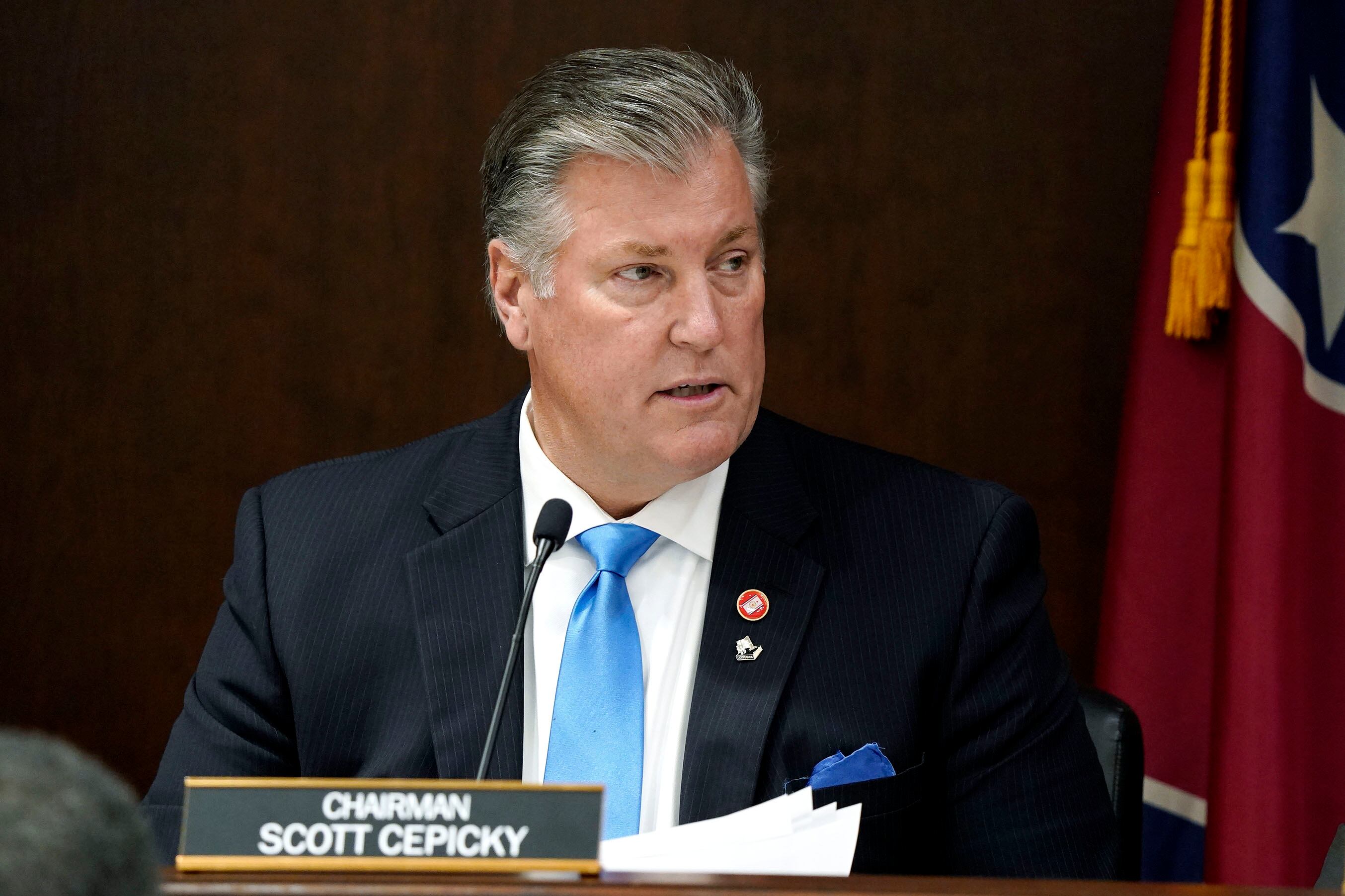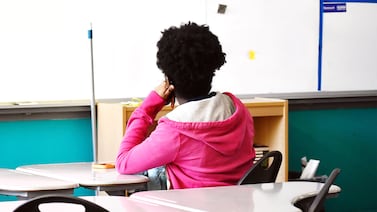Chalkbeat is a nonprofit news organization covering public education in communities across America. Sign up for our free Tennessee newsletter to keep up with the Shelby County public school system and state education policy.
State lawmakers advanced legislation Tuesday that would put fewer third graders at risk of being held back this year under Tennessee’s 2021 reading law.
The law, which pins retention decisions on how well a student scores in English language arts on the annual Tennessee Comprehensive Assessment Program test, would be revised to consider results from a second state-approved test, too — but only for third graders who score just under the state’s proficiency threshold on their TCAP.
The legislation also would direct the state Board of Education to develop rules for appealing any retention decision for students who scored as approaching proficiency.
And it would require that any public school student held back in kindergarten, first grade, or second grade undergo tutoring during their following school year.
The House K-12 subcommittee advanced the measure — which was similar to legislation filed last week by House Education Committee Chairman Mark White — after studying a flurry of other bills to revise the law. Parents, educators, and school boards have flooded lawmakers’ offices with complaints about the state’s stricter retention policy, which takes effect with this year’s class of third graders.
Committee members ultimately rallied around the compromise bill that passed on a voice vote. The measure widens reading test criteria for retention but keeps the state, not local educators, in control of those decisions.
The legislation still faces multiple votes in the House and Senate and could put lawmakers at odds with Gov. Bill Lee. The Republican governor pressed for the law and is urging the legislature to stay the course on the state’s literacy strategy.
His strategy draws a clear line in the sand to prevent “social promotions” and includes free tutoring and summer learning camps to help struggling students catch up on learning, as well as options for retesting third-graders who are at risk of being retained.
“Contrary to what critics will say, Tennessee’s reading success plan is about moving kids forward, not holding them back,” Lee wrote in a recent editorial published by The Tennessean.
A spokeswoman for the governor offered no further comment Tuesday night when asked about the bill’s advancement.
But the leader of the state’s largest teacher organization called it a “positive step.”
“Multiple measures are important when understanding student achievement for young children,” said Tanya Coats, president of the Tennessee Education Association. “A year-end test that runs for 180 minutes for 8- and 9-year-olds should not be the only way we understand where students are in English language arts.”
Only a third of Tennessee students read on grade level, according to state testing data. The existing law puts tens of thousands of third graders — and more than 2,700 students in Memphis-Shelby County Schools, the state’s largest district — at risk of being held back this year if they do not take advantage of summer learning opportunities and tutoring.
“We don’t always get it perfect the first time,” said Rep. Sam McKenzie, a Knoxville Democrat, calling the proposed changes an improvement.
Asked by McKenzie what percentage of third graders would be at risk of retention under the proposed changes, the bill’s sponsors could not give an accurate estimate but said there would be an impact.
“There would be more retained if we didn’t pass this bill,” said Rep. Scott Cepicky, a Culleoka Republican, who is carrying the bill in the House for White.
Third grade is considered a critical marker for reading, which is considered foundational to all subsequent learning. But while the law is intended to set children up for success in school, critics say the retention policy could have significant unintended negative consequences by shaming students who are already struggling. And they note that children from low-income families are more likely to be retained in the early grades because they have limited access to high-quality early childhood education and support at home.
Most research suggests that retention has, on average, null or negative effects on students, and that it’s also linked strongly to dropping out of high school.
You can track the bill on the General Assembly’s website. To learn more about Tennessee’s current retention policy, visit the state education department’s answers to frequently asked questions.
Marta Aldrich is a senior correspondent and covers the statehouse for Chalkbeat Tennessee. Contact her at maldrich@chalkbeat.org.







